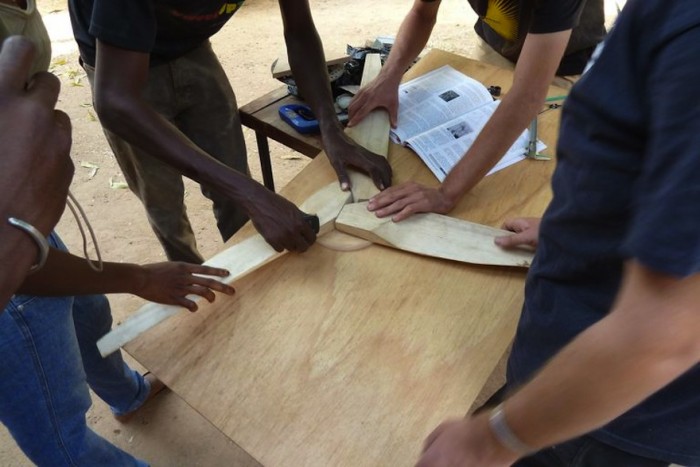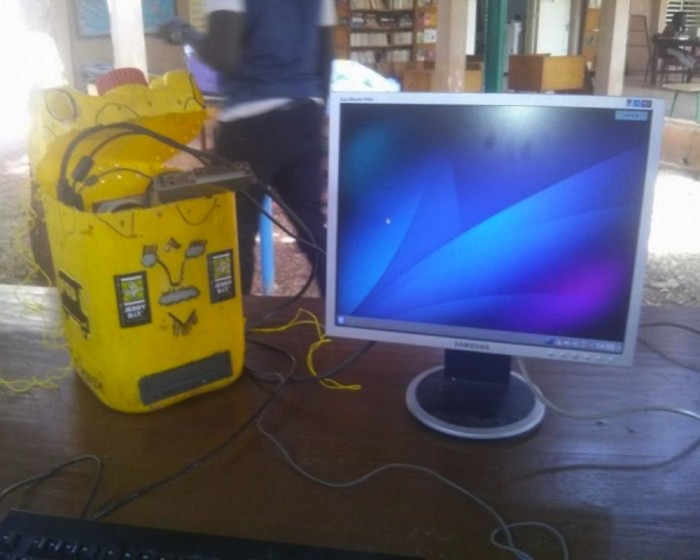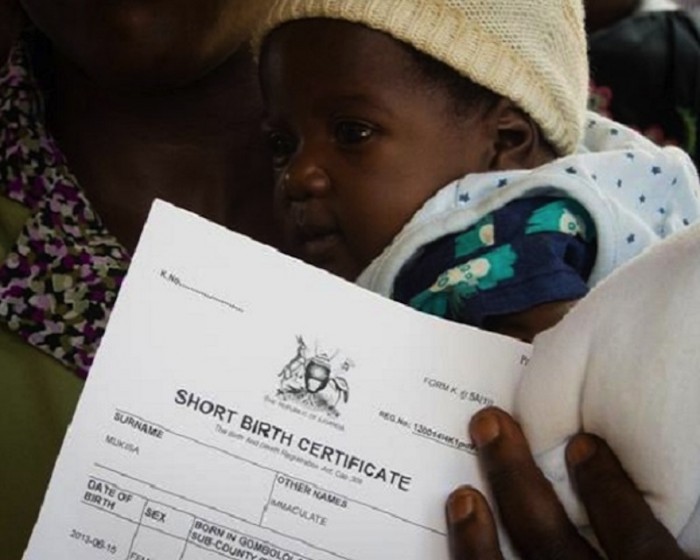The media has voraciously reported on the surge of technology centres in Sub-Saharan Africa, particularly in Kenya, promising a “Silicon Savannah”. Francophone Africa, which is generally viewed as lagging behind other sub-Saharan African countries in terms of tech innovation, has largely been excluded from the discussion. But young Burkinabe’s such as the innovators of OugaLab are trying to change this perception and put Burkina Faso firmly on the map as a serious contender for the next African Silicon Valley.
OugaLab, founded by Guildas Guiella in 2011, is credited as being the first “fab lab” (fabrication lab) in West Africa. "At that time, the concepts of fab lab and co-working were totally foreign to me, I did not have this vision, I discovered another way of working," explains Guiella.
Today, the lab has eleven, unevenly computer savvy, core team members and many other community members who participate intermittently.
The lab is a collaborative workspace based in Ouagadougou that serves as a meeting spot for Burkinabes to take stock of the social and environmental issues and find solutions that work at a local level. Access to computers and bridging the digital divide are at the heart of the OugaLab philosophy. The lab uses recycled materials for the majority of its projects.
“We are convinced that the social transformation of Africa will be achieved through bottom-up technology innovation supported by youth,” says Guiella.
OugaLab has initiated a number of “bottom-up” solutions:
The Ougalab wind turbine
To challenge the energy crisis Burkinabes suffer, OugaLab created a prototype for a wind turbine with a capacity to generate one kilowatt of power per hour of rotation. OugaLab built the wind turbine from mechanical parts on a motorcycle and truck, which the young innovators gleaned from a scrapyard.
Jerry School Faso
OuagaLab initiated Jerry School Faso to increase computer literacy and “demystify” computers. The Burkinabe innovators collect discarded computer hardware and, through a series of workshops, teach school-going children to assemble the parts into a functioning machine inside of a yellow jerry can. Jerry cans are an important symbol of energy shortages in Africa as Ghanaian artist Attukwei Clottey’s “Afrogallonism” project explains.
SMS birth record
Only 76.9 per cent of births are declared and recorded in the Burkina Faso civil registry, reports UNICEF. To remedy this low rate and grant each child a birth certificate, the project aims to establishment a rapid birth registration system via text message in rural areas.
OugaLab has initiated other projects in Ouagadougou, which focus on the environment, agriculture and health.









